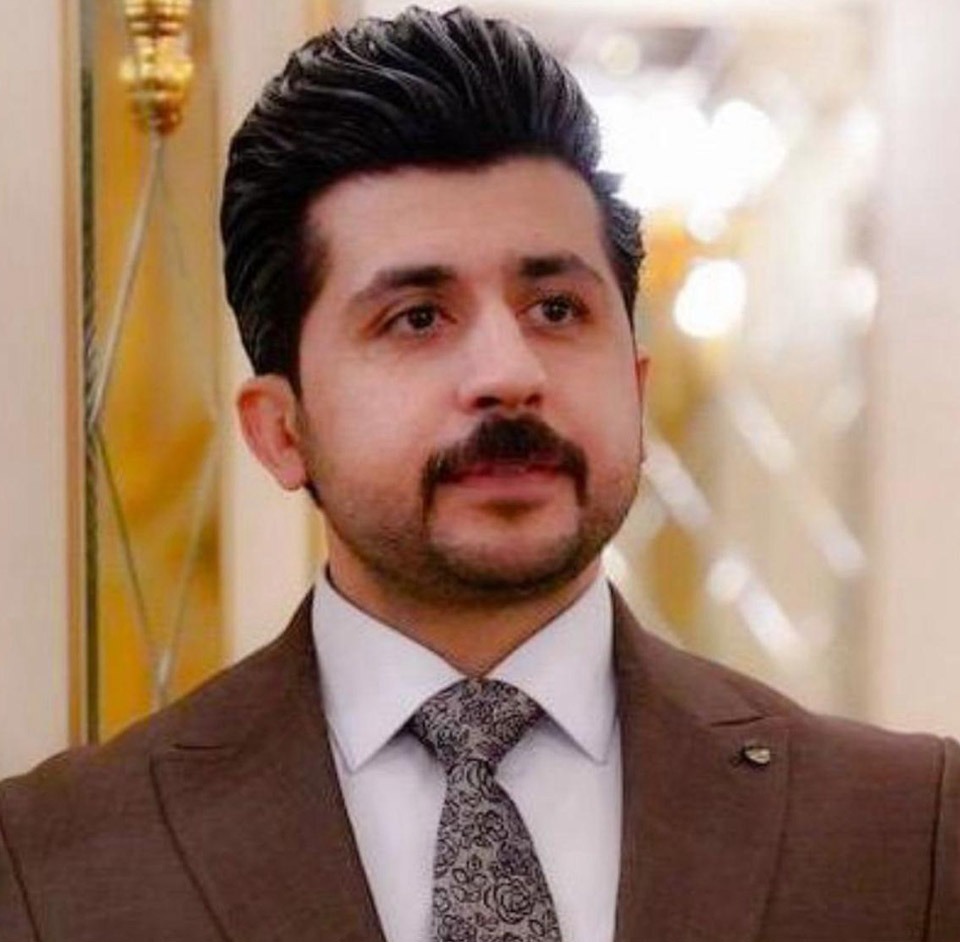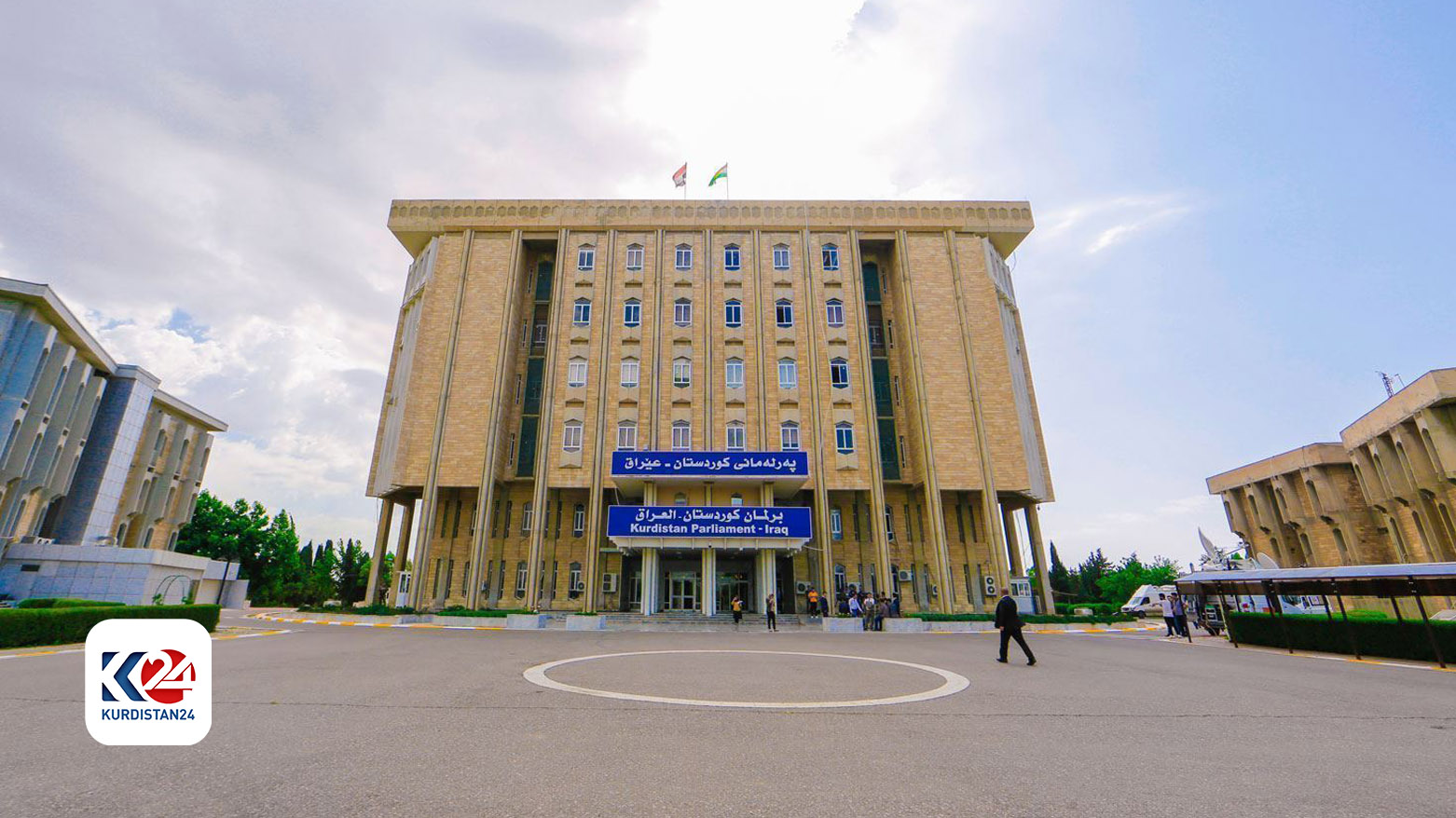
Wissam Massify
Editor
What lessons should Kurdish leaders derive from historical events?

“He who has never learned to obey cannot be a good commander,” Aristotle.
Understanding the tendencies in modernity's evolution that have shaped and continue to influence the issues faced by leaders is essential to identifying the requisite leadership and leadership education for the future. Recent technologies have catalyzed the social, geopolitical, and environmental changes throughout the last century. The early 21st century witnessed a rapid shift from mechanical to humanistic management and leadership techniques, as organizations across various industries have been forced to adapt. Unlike the leaders of a century before, who relied on technical proficiency and a hierarchical command-and-control approach, 21st-century leaders must attain their goals through innovative cross-boundary teamwork and a shared purpose.
In his time, Ibn Khaldun explained human organization, social structures, and leadership mechanisms. He believes that man is unique because he needs restraining influence and strong authority. Restraining influence is the force (such as political authority) that guides and controls people's behavior and prevents them from acting like animals. Ibn Khaldun posits that human beings require restraining influence due to their inability to achieve individual objectives. He asserts that cooperation is essential for fulfilling collective needs: “Through cooperation, the needs of several persons, many times greater than their number, can be satisfied.” He further emphasizes that cooperation necessitates a restraining influence, manifested through leadership. To him, “leadership... is inevitable,” and individuals exhibit varying degrees of willingness to accept it. The leader serves as a mediator in any social entity to maintain harmony among its members. Leadership cannot arise without the presence of Asabiya, or group cohesion.
Moreover, leadership philosophy denotes our self-perception as leaders and the approach we choose to adopt in leading. Our actions, beliefs, and conduct are informed by this ideology. Our philosophy is shaped by internal and external influences. By modifying our leadership ideology, we can evolve as leaders. As we cultivate a more profound comprehension of ourselves within the realm of leadership, our leadership philosophy experiences a metamorphosis. To define and recognize our leadership philosophy, it is essential to examine the "core values."
Therefore, a leadership philosophy consists of four essential elements: theory, attitude, directing principles, and behavior. These components facilitate developing and enhancing your leadership philosophy, subsequently influencing your leadership style. Each component is briefly outlined below:
Theory: This element signifies your understanding of leadership and the requisite conditions for its effective execution.
Attitude: This component reflects your leadership mindset and demeanor, serving as your approach to communication with colleagues.
Directing principles: The values that inform your leadership style are your guiding principles, shaped by your moral compass.
Behavior: Essentially, your behavior denotes how you engage with others and conduct yourself in pursuit of goals or in overcoming challenges.
Numerous leadership philosophies encompass democratic leadership, autocratic leadership, solution-oriented leadership, and participative management philosophy. The leader's decision is contingent upon their distinctive leadership style and ethical principles. Currently, the KRG exemplifies His Excellency Prime Minister Masrour Barzani's Philosophy of Participatory Leadership, characterized as a democratic approach that promotes a team structure wherein all members are encouraged to partake in decision-making and express their perspectives. Leaders employing a participative leadership style endeavor to cultivate a sense of autonomy among their subordinates.
Nonetheless, one must not overlook the individual's role in our region, which should involve enhancing their awareness and refraining from accepting everything at face value; instead, they must pursue reality and facts that elucidate the truth and inform their actions. I wish to underscore a critical point from my perspective: education for the populace. Education does not commence in schools or universities; rather, it begins at home, as the family constitutes the fundamental element of any society.
On the other hand, achieving desirable international standards such as stability and predictability becomes challenging when numerous emerging nation-states oscillate precariously between weakness and failure, with some experiencing outright collapse. In an era of fear, understanding and addressing the processes of nation-state failure has become pivotal to essential policy discussions. Strengthening fragile states and averting state failure are pressing issues of the twenty-first century. States have markedly enhanced diversity in their capabilities and competencies compared to prior observations.
Therefore, effective governance encompasses leadership's readiness to acknowledge constraints on its authority, cultivate the ability to detect and penalize official corruption, ensure citizens have access to an unbiased judiciary, enforce fair taxation, create governing positions devoid of favoritism, and deliver public goods that serve all households.
To foster citizen confidence and compliance with commitments, it is imperative that the practices and principles of good governance are meticulously followed, and their advantages are fairly dispersed across the domain.
Warning signs frequently manifest themselves in various contexts, including insights derived from historical reports. They also encompass general instructions for the mitigation of potential gaps and the examination of non-routine what-if situations. Powers reflected on their extensive history, shaped by the acts of their leaders who instigated cultural and operational transformations, must acknowledge that a confluence of events and decisions has culminated in their current position. Parties must persist in considering factors beyond mere profitability, even when burdened by their journeys. While it is simpler to articulate than to execute, especially when urgent short-term judgments prompt immediate action, there is frequently sufficient time to arrive at a more judicious choice with a little period of thoughtful deliberation.
Since 1991, it is evident that Kurdish leaders have failed to meet the aspirations of the populace due to several critical factors, primarily the interference from regional nations, which has undermined Kurdish unity and exploited certain Kurdish leaders to further their interests, thereby hindering the prosperity and development of the Kurdistan region of Iraq compared to other nations globally. Regrettably, it is acknowledged that the Kurdish nation has lacked a sovereign state, unlike other nations globally, since the 1910s. Consequently, the populace in Kurdistan continues to endure the subjugation of certain Kurdish leaders who serve the interests of regional powers, neglecting the advancement and welfare of their people as a unified entity.
It is crucial to know that the genuine peril for the KRG and its leaders is not external. Three decades post-establishment and two decades following the post-2003 events, the KRG appears to be experiencing a mid-life crisis, lacking a definitive vision for its future. It has faced and will face dangers due to economic instability, and persistent internal discord because the policy of the central government has effectively undermined Kurdish influence in Baghdad and internationally through specific external agendas endorsed by regional powers, to dismantle Kurdish authority in Iraq. Kurdish leaders must recognize this reality and refrain from concentrating solely on regional matters, instead remaining vigilant against detrimental actions by certain factions in Iraq to prevent division within the Kurdistan region and to promote individual interests appropriately.
History will not exhibit leniency towards deceit and betrayal by leaders; instead, it will denounce them. Only individuals who advocate for prosperity, fairness, and well-being will be positively remembered. Ultimately, only God Almighty will prevail. Consequently, our leaders must acknowledge the historical lessons. Nefarious leaders will be forgotten, whereas virtuous activities that continue to serve the public will endure. Instances of inadequate leadership, as exemplified by Iraq, Syria, and authoritarian regimes, will inevitably disintegrate, rendering their allies impotent. Genuine strength and backing exclusively belong to a nation that upholds principled leaders. Let us not overlook the virtues of His Excellency, Prime Minister Masoud Barzani. Upon joining the revolutionary movement, President Masoud Barzani swiftly exhibited competence and allegiance to all. With each assignment handed to him, he reinforced his reliability for the people around him, which inspired him to embrace bigger duties, irrespective of his age. Moreover, one of his principal responsibilities at an early age was managing diplomatic connections Furthermore, communication endeavors have constituted a substantial aspect of his life and challenges. Relations are a crucial component of any political party's agenda, and he has considered this element while serving as a Peshmerga and has fought for the rights of the Kurdish nation for over 70 years. History will recognize him as the sole Kurdish leader who advocated for Kurdish independence, defying all adversities, and will not forget his contributions.
At the end, we will remind our beloved leaders of these words: "If your actions motivate others to aspire, acquire knowledge, take initiative, and evolve, you are a leader."